These days nearly 50 years ago, after 30 years of protracted resistance, further, after 117 years (since August 31, 1858) the footprints of the Western invaders set foot on the S-shaped land, the Fatherland of Vietnam was completely unified "from Tra Co with its pine forests to Ca Mau with its mangrove forests". From the fall of 1945 to the spring of 1975, the nation's thousand-mile long march will forever be a brilliant milestone, a lesson in building and defending the country, even though today's history has turned a new page.
Soldiers of the 2nd Battalion, 16th Regiment, 2nd Brigade of the US carry a dead comrade out of the forest, after a fierce battle with the Liberation Army during the sweep of Junction City, North Tay Ninh , June 4, 1967. Photo: File
Soldiers of the 2nd Battalion, 16th Regiment, 2nd Brigade of the US carry a dead comrade out of the forest, after a fierce battle with the Liberation Army during the Junction City sweep, North Tay Ninh, June 4, 1967. Photo: File
In 1985, exactly 10 years after the reunification of the “country full of joy”, the documentary film “Vietnam - the 10,000-day war” by author and journalist Michael Maclear was broadcast in Canada on CBC Television and several television channels in the United States and the United Kingdom. It was widely reported that Maclear visited Vietnam during the production of the series and had access to film materials there. He was the first Western journalist to be allowed to visit that area since the war. The documentary consists of 13 episodes, each nearly an hour long, vividly depicting the Vietnam War, presenting the opinions of the parties involved, including both Americans and French.
About a documentary
“Vietnam - The ten thousand day war” - “Vietnam - the 10,000 day war”, a documentary film that conveys quite fully about the Vietnam War in 30 years. In April 2005, Vietnam Television first broadcast the above film and in April 2010, Vietnam Television rebroadcast it on VTV1. With 13 episodes, with Vietnamese narration, “Vietnam - the 10,000 day war” is like a television epic about the war in Vietnam in 30 years with rich, multi-dimensional documents, along with interviews with those who participated in the war. Episode 1 of this film is called “Americans in Vietnam”, episode 13 (the last episode) is called “Unwelcome Soldiers”: The American people welcomed 2.8 million American veterans returning from Vietnam with silence, the Vietnam War syndrome haunted American veterans...
Reporter Michael Maclear - the main author of the film, born in 1929 in London, began his career in Canada in 1954. His first work was broadcast on Canadian television as a writer and reporter. In 1961, he became an international correspondent. In 1969, he was the first Western reporter allowed to report from North Vietnam. His reports on President Ho's funeral and the devastating bombings of the US in North Vietnam were transmitted to television channels in more than 90 countries around the world . The New York Times commissioned him to write many articles about the Vietnam War.
“Without embellishment or addition, let future generations watch and make their own judgments and assessments” – M. Maclear said at the press conference to launch the film in Canada in 1985. He affirmed that he did not want to include his anti-war views in the film. But when watching all 13 episodes, it is not difficult for the audience to realize that “Vietnam - the 10,000-day war” is about the extremely wrong and unjust war of the US government against Vietnam. The scriptwriter, commentator and interviewer in the 13 episodes is Mr. Peter Arnett - a famous reporter for CNN, known worldwide during the 1991 Gulf War... “Vietnam - the 10,000-day war” was also completed with the collaboration of the Vietnam People's Army Cinema. The fierce war for peace and national reunification between the Vietnamese army and people that lasted for 10,000 days was recreated on VTV through the eyes of a Western filmmaker.
“We have an iron determination”
In the beginning of episode 13 (the last episode) of the film, an American soldier returning from Vietnam told a reporter: “If only we had not gone to war”, and this soldier himself expressed regret for his actions in Vietnam. Another American soldier (also in episode 13) expressed: “These girls, these women, these innocent people, clearly, we have caused them many sins. We have invaded, leaving behind in the house (of the people of South Vietnam) many murders. However, our (the US) propaganda machine has put forth many arguments to deceive the people. Obviously, in Vietnam, no one has touched our America. Therefore, to correct the serious mistakes I have made, there is only one way, withdraw all our troops from this country”. “The war must end. The war must end. The Vietnamese people love their country, they love their country,” said an American veteran. “In Vietnam, we had to confront the powerful motives and the clear-headed minds of Hanoi with the weak forces of the puppet army in the South. I don’t think I lost the war. It was my country that lost the war,” a former senior US government official told reporters in the final minutes of episode 13 of the documentary.
In the film, answering a Western journalist, diplomat Ha Van Lau said: “We were forced to make sacrifices, to do everything to adapt to the harsh conditions of war. We were very angry with the American imperialists and we shared a strong determination. We could not fail in this war.” Those who had the opportunity to read, follow, and learn about the intellectual battle at the negotiating table in Paris could not help but know about the heated debates between the parties, including diplomat Ha Van Lau. He said: “What right does the US have to send troops halfway around the world to invade Vietnam? What law allows the US to spy on and bomb the territory of the Democratic Republic of Vietnam, an independent and sovereign country? Does the US government allow any foreign country to send planes to violate US airspace to spy without responding? As for the US argument about ensuring the safety of US troops in South Vietnam, the question must be posed like this: The US government sent their army to invade and illegally occupy South Vietnam, so they must be responsible for pushing their soldiers to die in vain in an unjust war. Therefore, the best way to ensure the safety of those forces is for the Nixon administration to end the war of aggression against Vietnam and quickly and unconditionally withdraw all US troops and troops of foreign countries on the US side from South Vietnam.”
“We were continually dismayed to discover that idealism and devotion were the enemy’s chief strength. The American soldier often found the lack of will to attack among the ARVN forces an object of endless ridicule. He came to hate “Charlie,” the American nickname for the NVA guerrillas, but he also came to respect their courage and intelligence. An American general expressed unusual respect for a NVA guerrilla who held off an entire American infantry company for an hour in the jungle north of Saigon. The guerrilla was the last survivor of a group holding out in a trench. He had fired all his ammunition, the ammunition of his dead comrades, and thrown back at the Americans the grenades they had thrown into the trench. He was finally killed while hurling rocks at the enemy as a final act of defiance. “If one of my men had fought like this,” the general said, “you would have been killed.” I was awarded the Medal of Honor.
I cannot help but worry that in waging this war we are degrading ourselves. When I see bombed-out villages, orphans begging or stealing on the streets of Saigon, and women and children lying in hospital beds with napalm, I wonder whether America or any other nation has the right to inflict suffering and misery on other peoples for its own purposes?”
(Excerpt from an article by journalist Neil Sheehan published in the New York Times, October 9, 1966 issue, compiled by Le Son, published in Vietnam Law Newspaper in 2018)
Viet Dong
(To be continued)
Source


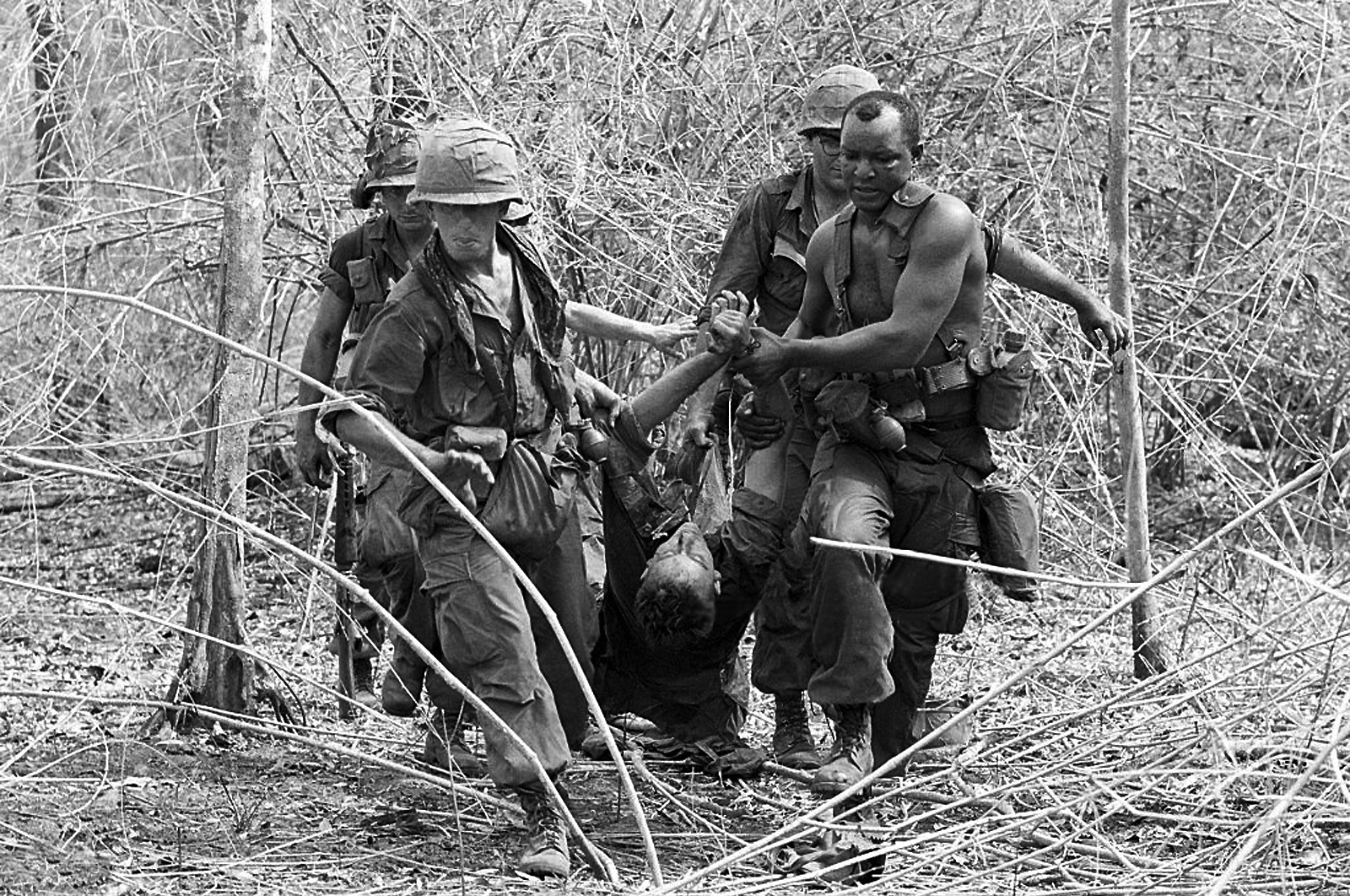

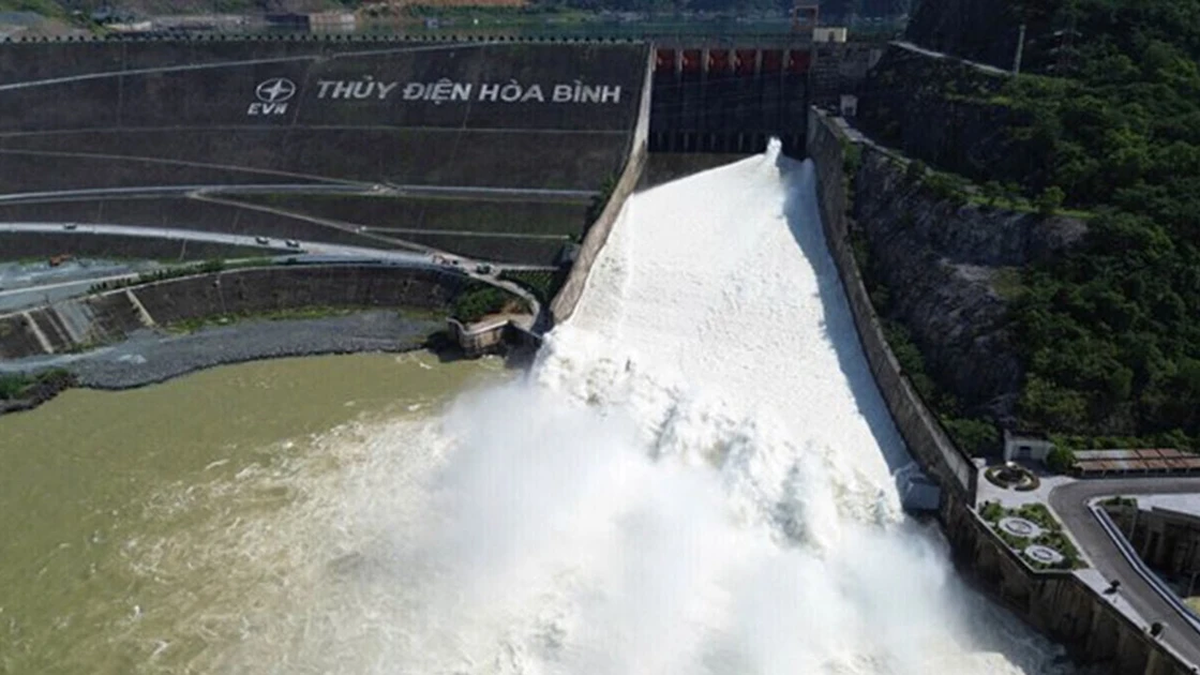
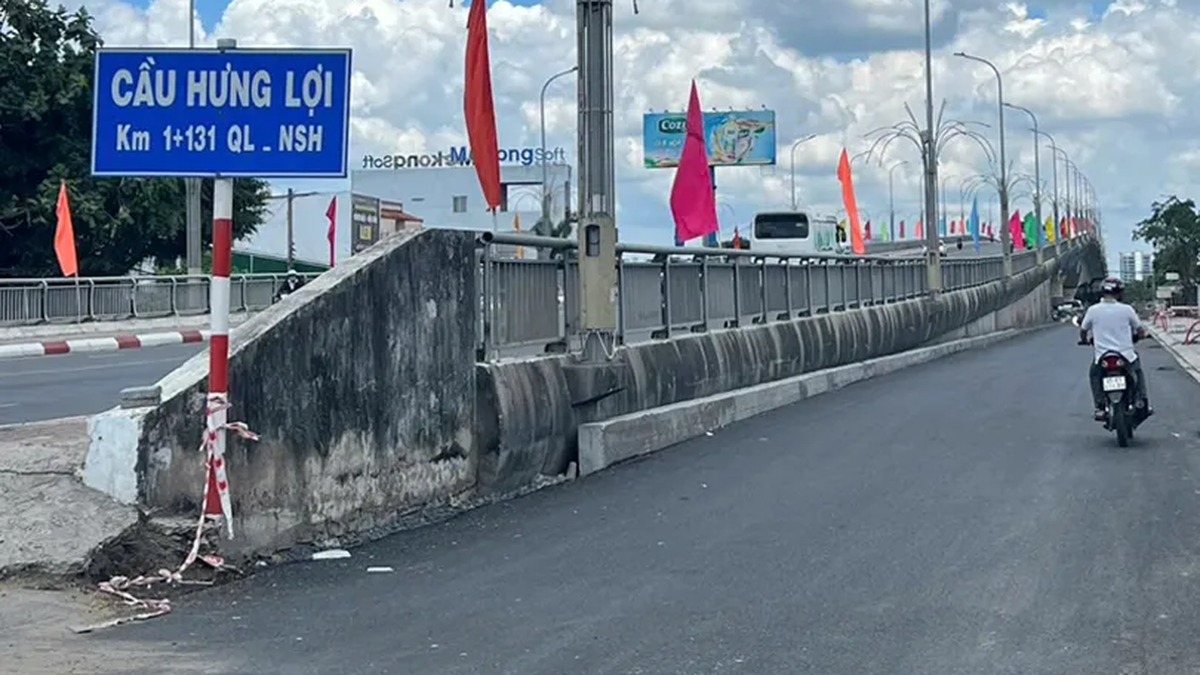
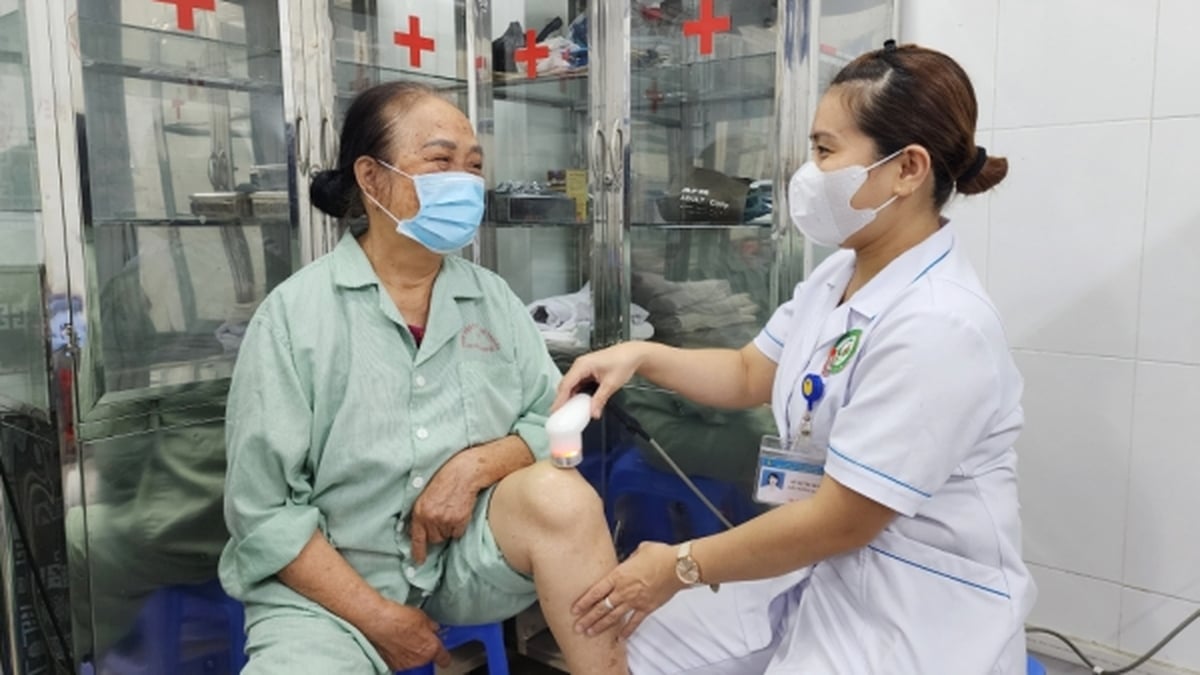

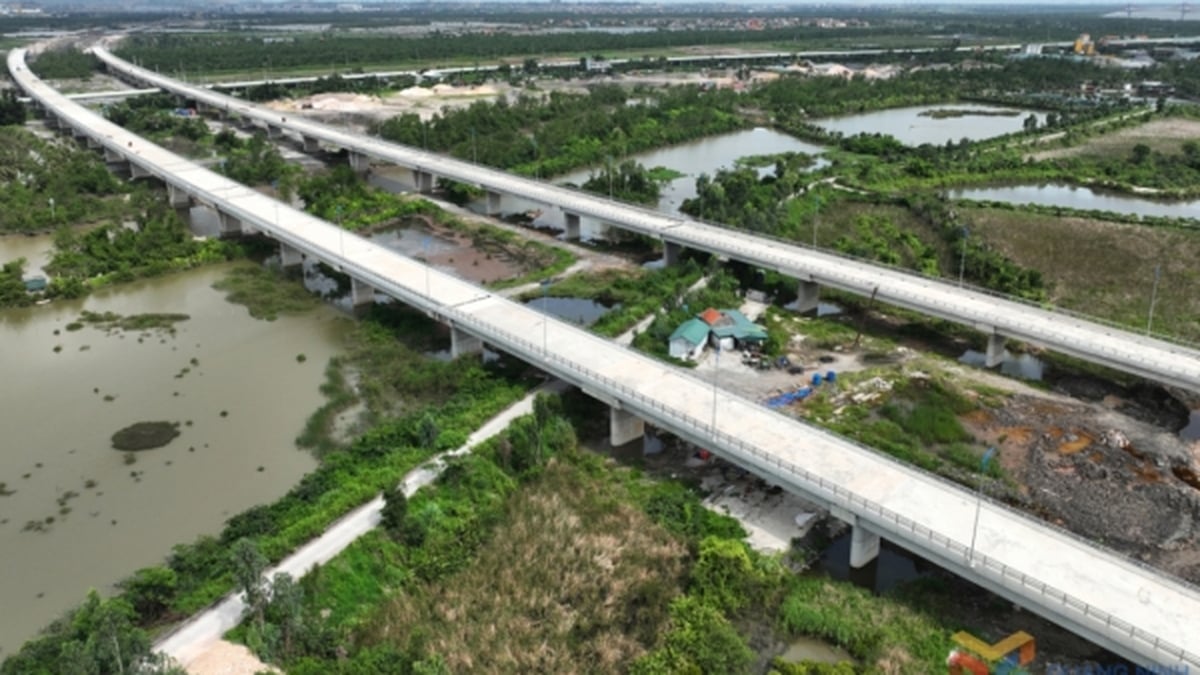
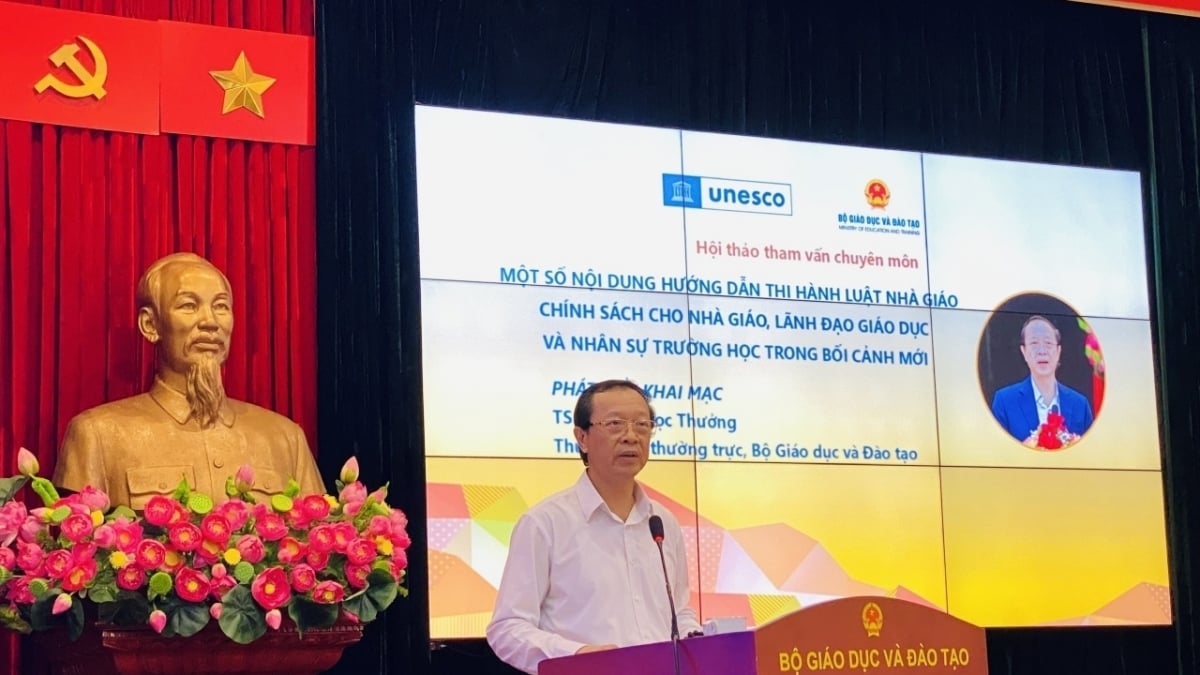
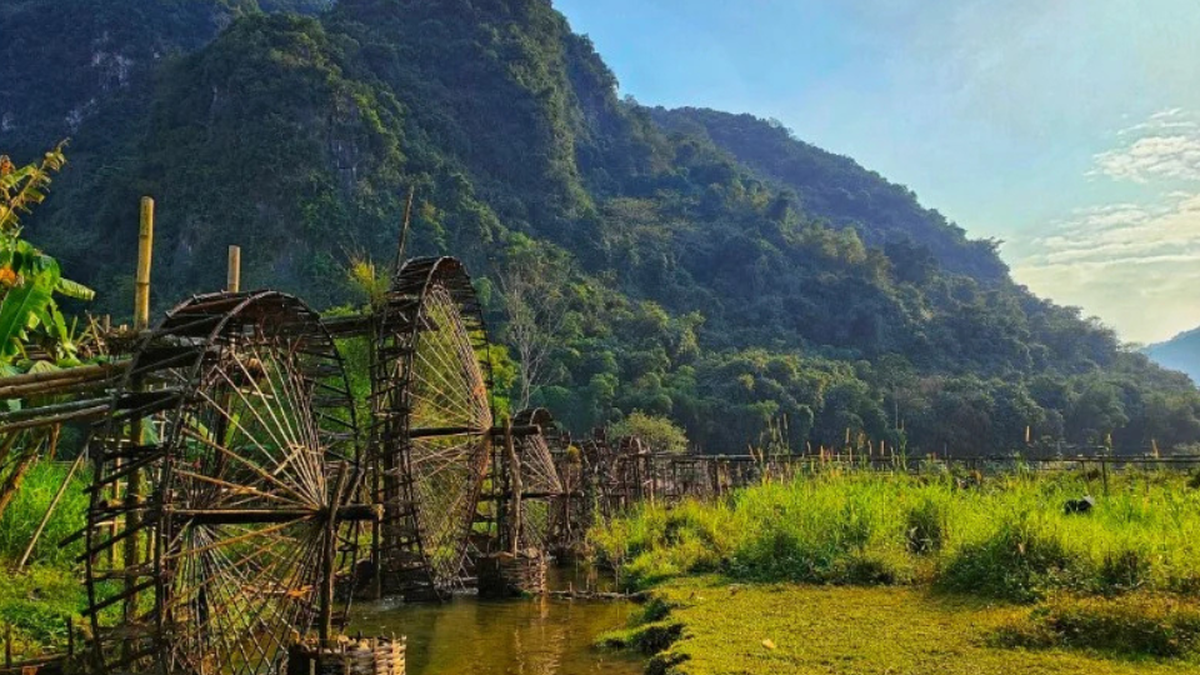
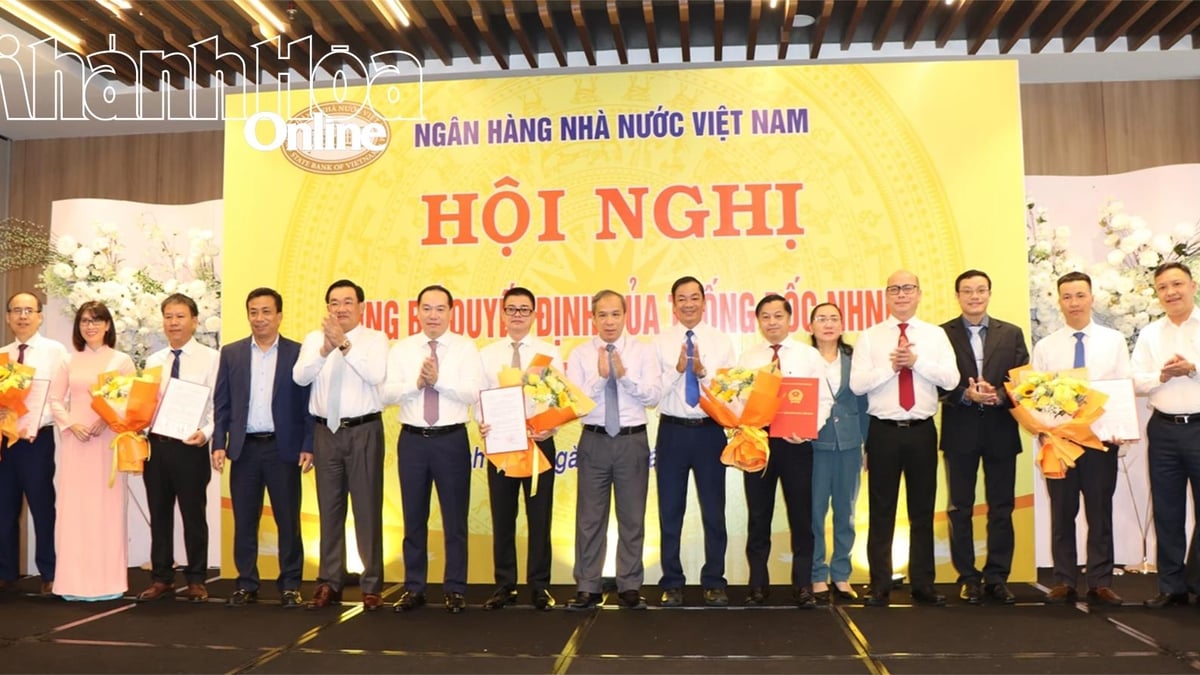
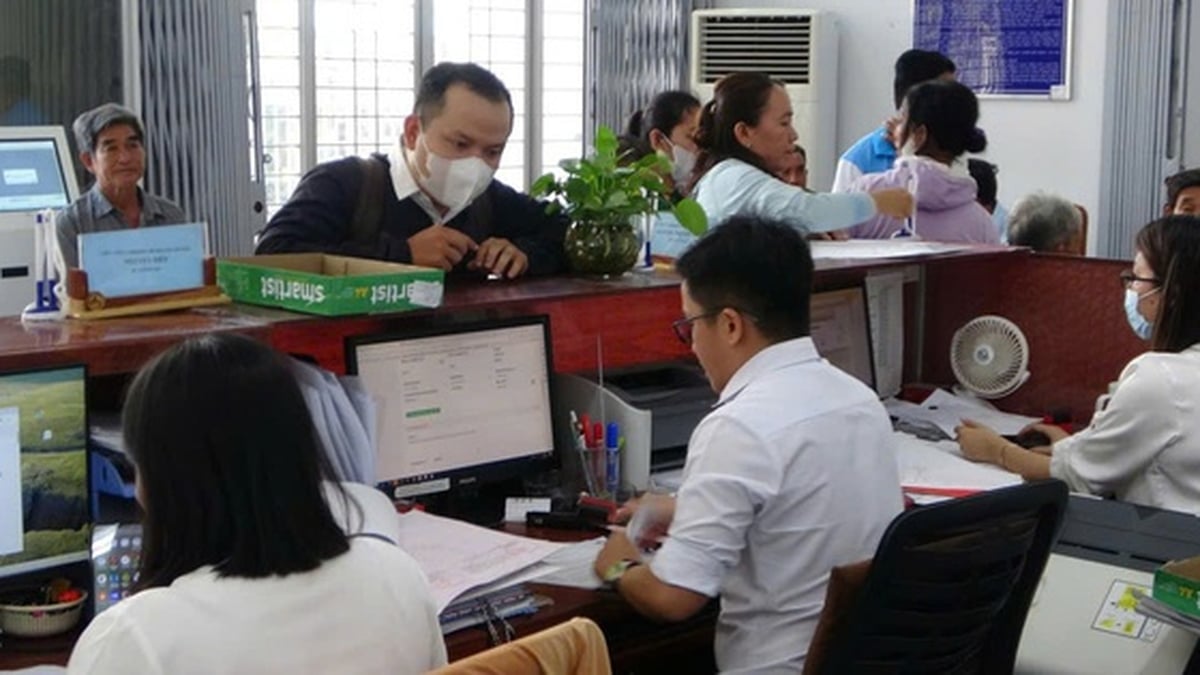









































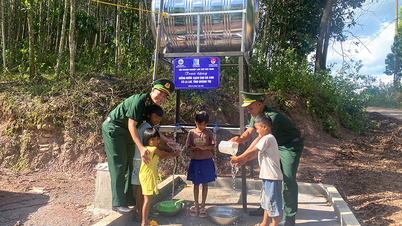


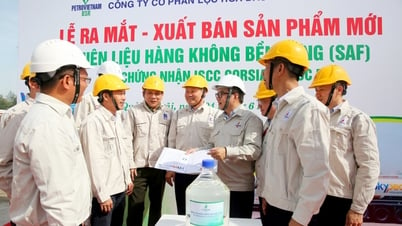




![[Maritime News] More than 80% of global container shipping capacity is in the hands of MSC and major shipping alliances](https://vphoto.vietnam.vn/thumb/402x226/vietnam/resource/IMAGE/2025/7/16/6b4d586c984b4cbf8c5680352b9eaeb0)



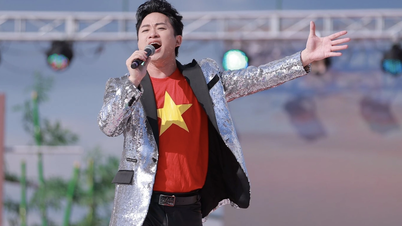
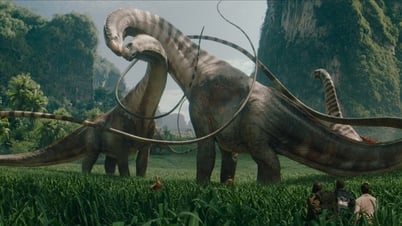

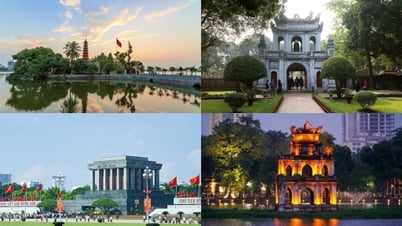

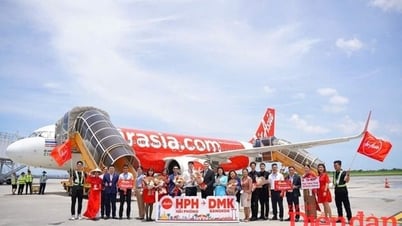

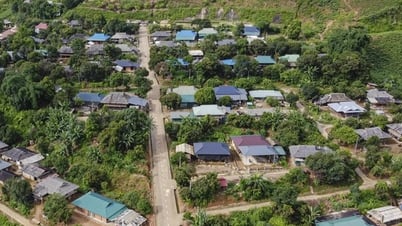
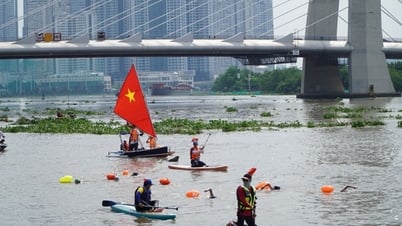

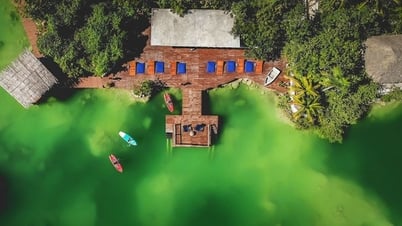
























Comment (0)